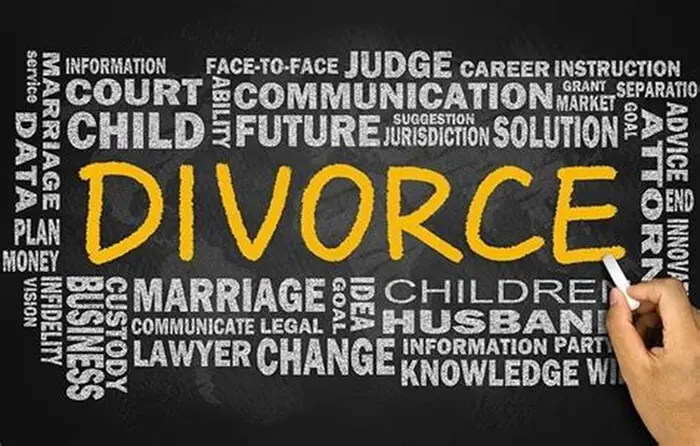
Introduction
In uncontested divorce proceedings the Plaintiff and Defendant (“parties”) will sign a consent paper which is then filed at the High Court. In that consent paper, the parties will state their agreement on the divorce decree and the ancillary issues. In this article I share with you some of the elements of a consent paper.
Elements of a consent paper
The key elements include the following:
- Preamble
- Divorce
- Distribution of immovable properties.
- Sharing of movable assets
- Family businesses
- Transfer of immovable properties
- Payment of liabilities.
- Custody of children
- Access to children
- Maintenance of children
- Spousal maintenance
- Costs
Preamble
This part gives background to the consent paper and may include the following:
- When the parties were married and under which Act.
- Jurisdiction, for example that the husband was born and is domiciled in Zimbabwe and considers Zimbabwe as his permanent home and country of matrimonial domicile. That the High Court has jurisdiction to entertain this matrimonial matter.
- Details of the children of the children born by the parties.
- The parties agree that their marriage has irretrievably broken down and there are no prospects for reconciliation.
- That in order to expedite resolution of the matter and to safeguard the interests of their minor children, the parties have reached an agreement regarding sharing of matrimonial property and other ancillary matters subject to the approval of this Honourable Court, which they wish to be incorporated into any decree of divorce granted by the Court.
Divorce
This part usually states that the parties have not stayed together as husband and wife for a certain period, their marriage has irretrievably broken down and that they agree that a divorce decree be granted by the Court.
Distribution of immovable properties
Parties have to state their agreement on the distribution of immovable properties. This include the matrimonial properties and any other assets of the parties. This is usually a contested area especially on the matrimonial home.
Sharing of movable assets
The Plaintiff and Defendant ought to state their agreement on the sharing of movable assets such as furniture and motor vehicles, etc.
Family businesses
Parties may also state their agreement on the treatment of family businesses for example those that are jointly owned. It may not be possible for parties to continue working together in business.
Paying of liabilities
It may happen that at the time of instituting divorce proceedings parties may have outstanding liabilities, for example loans on immovable properties. They ought to agree on how those liabilities will be settled.
Custody of children
This is one of the contentious issues over minor children. It is usually agreed who shall have custody of minor children. It is common for minor children to be under the custody of their mother but if the Court is convinced otherwise it may award custody to the father.
Access to minor children
The party without custody has to be given access to the children. Access of the party has to be spelt out clearly to avoid conflict in the future.
Maintenance of children
This is usually a highly contested issue. The one claiming maintenance, usually the mother, may be seeking more whereas the one to pay, usually the father, may be offering less. Parties are expected to state their agreement on the quantum and logistics of paying the maintenance. Maintenance is usually for minor children but parties may agree otherwise, for example for children still in college.
Spousal maintenance
Parties ought to state their agreement on spousal maintenance, for example that if there is any such amount to be paid. If so, how much and the logistics thereof.
Costs
Parties ought to state their agreement on costs, such as legal fees. For example, one party may pay all costs, costs may be shared or each party may pay its own costs.
Conclusion
It is common for parties to sign a consent paper and file it with the High Court if their divorce is uncontested.
Disclaimer
This simplified article is for general information purposes only and does not constitute the writer’s professional advice.
Godknows (GK) Hofisi, LLB(UNISA), B.Acc(UZ), Hons B.Compt (UNISA), CA(Z), ACCA (Business Valuations) MBA(EBS, Heriot- Watt, UK) is the Managing Partner of Hofisi & Partners Commercial Attorneys, chartered accountant, insolvency practitioner, commercial arbitrator, registered tax accountant and advises on deals and transactions. He has extensive experience from industry and commerce and is a former World Bank staffer in the Resource Management Unit. He was recently appointed to sit on the Council of Estate Administrators in Zimbabwe. He writes in his personal capacity. He can be contacted on +263 772 246 900 or ghofisi@hofisilaw.com or gohofisi@gmail.com. Visit www//:hofisilaw.com for more articles.

